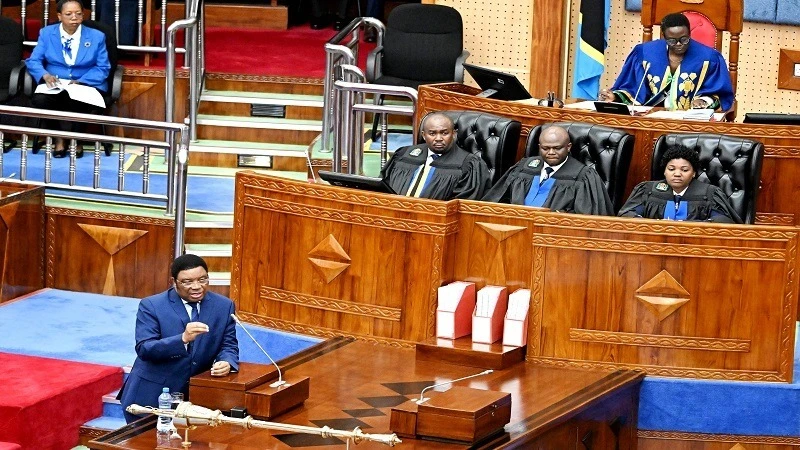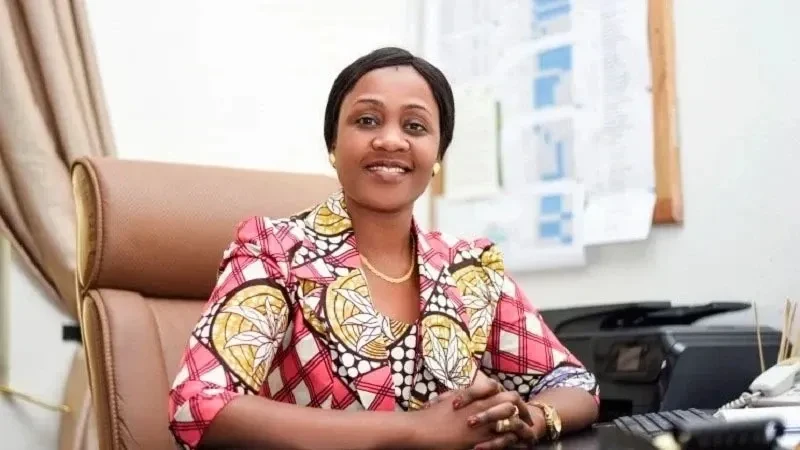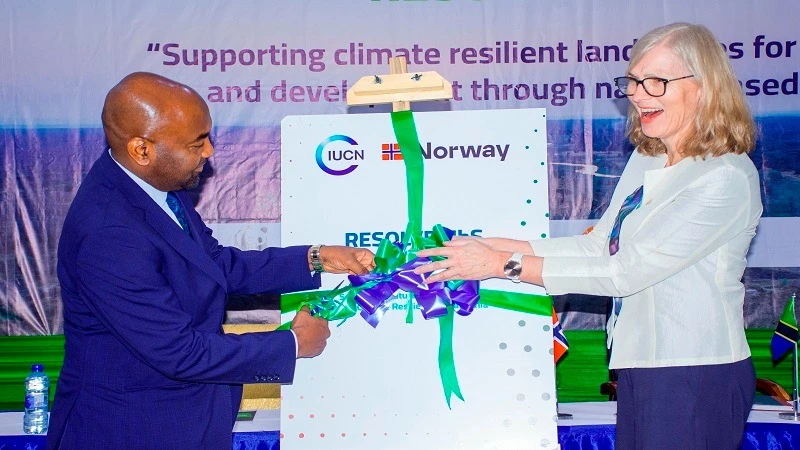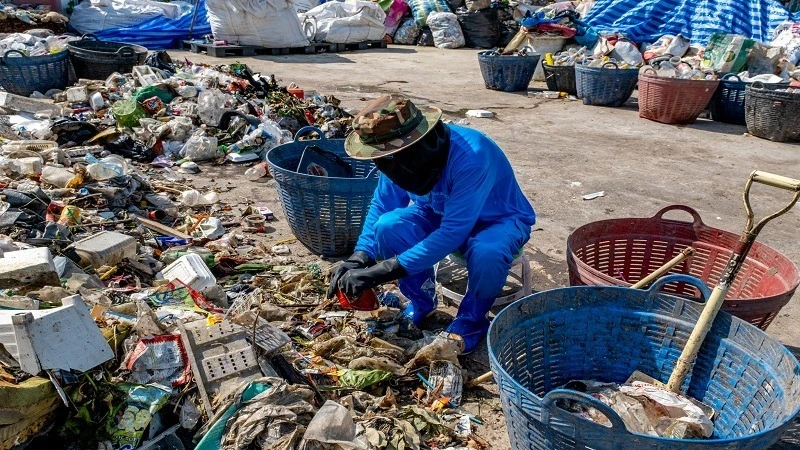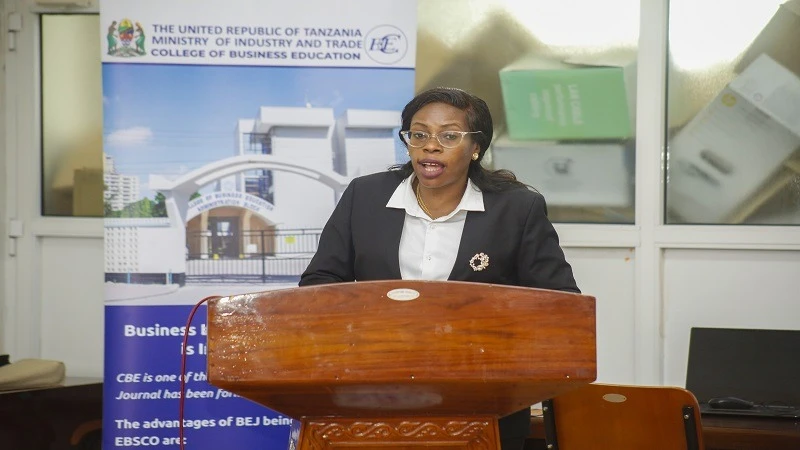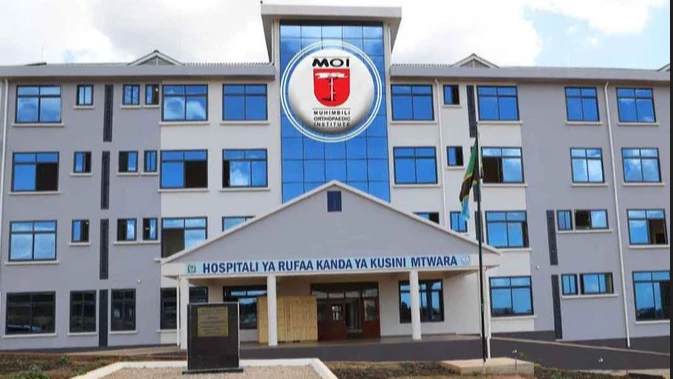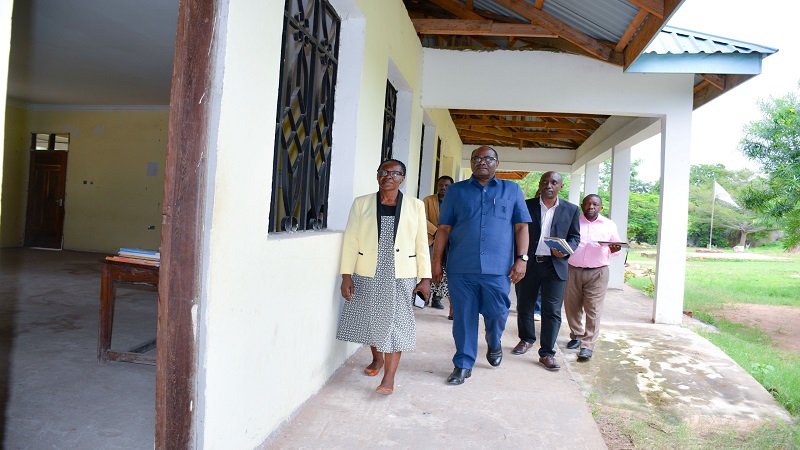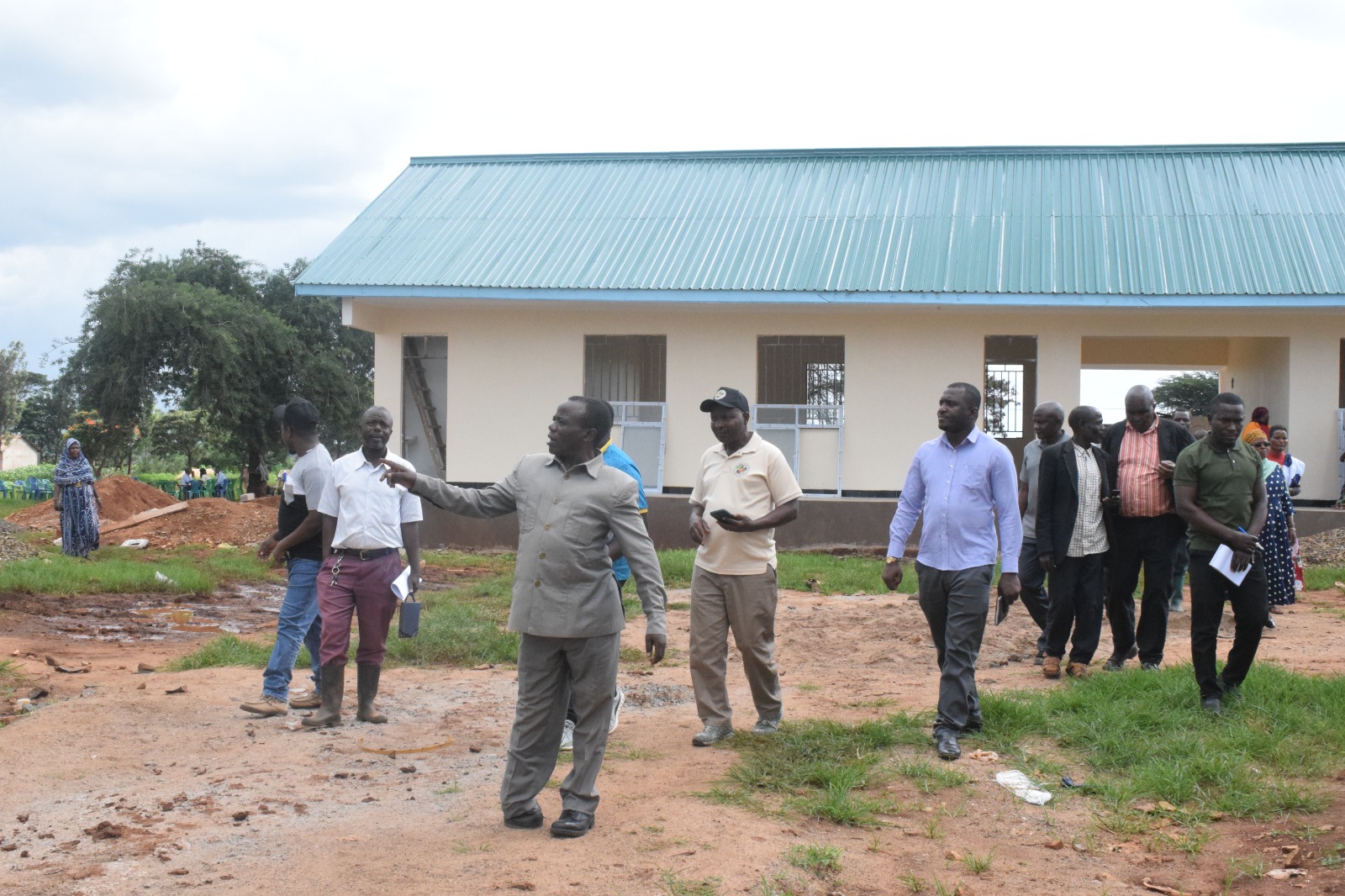Govt launches climate resilience project meant to restore water sources forests
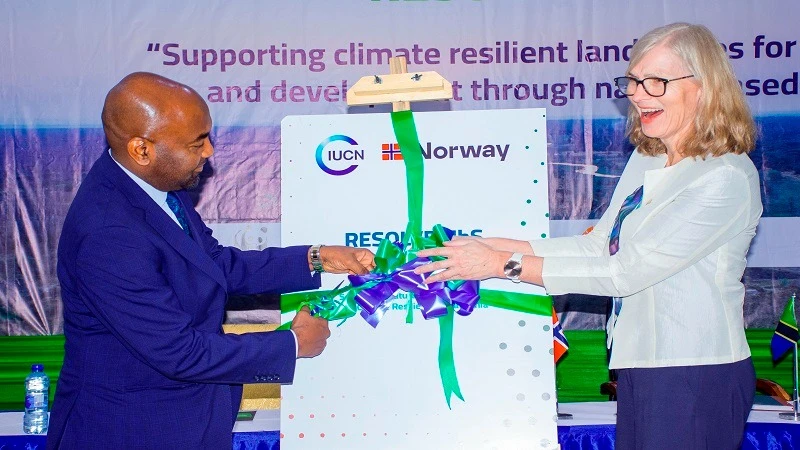
THE government has launched a project for scaling-up nature-based solutions (NbS) for climate change resilience for maintenance of water sources, forests and areas used for intensive agriculture
Hamad Yusuf Masauni, Union and Environment state minister in the Vice President’s Office (VPO) said at the launch here yesterday that the International Union for Conservation of Nature (IUCN) will oversee the project, slated for Iringa and Morogoro regions in the first phase.
The launch event was paired with closing a workshop on the nexus between agriculture and climate change, where the minister said that integrating nature-based solutions into climate policies and practices is vital.
The NbS project is aligned with national priorities offering practical solutions. a contribution enhancing resilience of vital ecosystems, he said, affirming that VPO is working to support policies and programmes promoting sustainable agriculture, addressing pressing challenges of climate change.
The government is working closely with stakeholders to mobilize resources, strengthen capacities and drive impactful change, looking forward to successful implementation of the September 2023 MoU.
It was geared to enhance climate related collaboration between Norway and Tanzania through a renewed bilateral partnership, he said, expressing gratitude to the Norwegian embassy and cooperation agency for bringing the project to fruition.
Noting that agriculture remains the backbone of the economy, providing livelihoods for a majority of the people and ensuring national food security, he said the government is “acutely aware that this vital sector is particularly vulnerable to the impacts of climate change.”
Rising temperatures, erratic rainfall, prolonged droughts and other extreme weather events pose significant threats to agriculture productivity, ecosystems and rural livelihoods, he said.
The workshop illuminated several key takeaways such as the urgent need to integrate climate-smart agricultural practices that enhance productivity while reducing greenhouse gas emissions, he said.
He also spoke of the importance of advancing research, innovation and technology transfer to enable farmers adapt to changing climatic conditions.
He stressed the critical role of community engagement, gender inclusion and equitable resource distribution in achieving sustainable agricultural development.
Top Headlines
© 2025 IPPMEDIA.COM. ALL RIGHTS RESERVED








